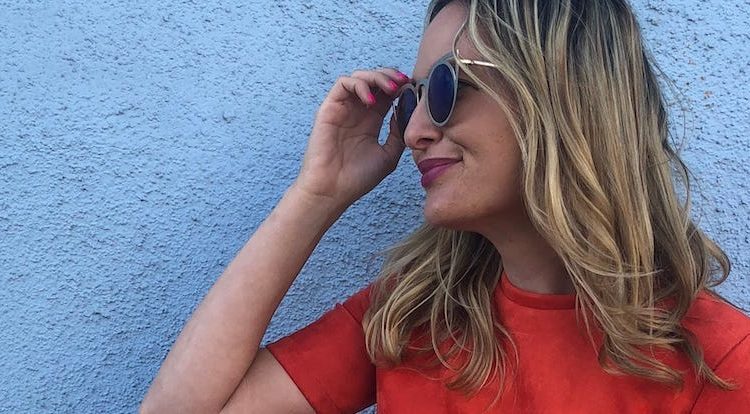
- In my 20s, I thought a 401(k) was my only option to save for retirement — so I opened one.
- I didn’t realize my employer didn’t match contributions at all and that I could have opened a lower-fee IRA instead.
- I didn’t contribute much anyway, and when I forgot about the account after leaving that job I realized I probably shouldn’t have opened it in the first place.
- A 401(k) is a useful tool for many people to save for retirement, but it wasn’t the best choice for me at the time.
- Use Blooom to analyze your 401(k) today and see how you can grow your retirement savings »
In my mid-20s, I was too stubborn to care about building a retirement fund and too obsessed with being able to afford my current bills to worry about saving for the future.
When I finally decided to open up a 401(k), I was about 26, and I ultimately found it to be the biggest retirement-savings mistake I ever made. I’m not saying that opening a 401(k) is a mistake for everyone — I’m saying it was the wrong choice for me at the time with my savings goals and habits.
Now I know I should have done things differently, thanks to three signs that are clearer in hindsight.
1. My company didn’t match my contributions
After hearing so many of my friends and coworkers bragging about the money they had put into their 401(k)s, I decided to finally open one up.
Some companies offer what’s called a 401(k) match, in which they make matching contributions up to a percentage of what the employee puts in, as an incentive to save. It’s basically free money, and experts recommend taking advantage if your company offers a match.
When I went to human resources at my old company to ask about details, I was told the company didn’t match any funds that I put in. I opened one anyway.
Brian Carney, a certified financial planner, says that if a company doesn’t provide a match in its 401(k), an employee should take advantage of the flexibility that a traditional or Roth individual retirement account offers.
“Many employer-provided 401(k) plans will offer a very limited investment menu of high-cost mutual funds. By taking advantage of an independent IRA platform, the investor would get the best of both worlds: a nearly unlimited universe of investment options of stocks, bonds and ETFs, as well as much lower fees,” Carney said.
Knowing that I didn’t have a 401(k) match, I might have been better off opening an IRA.
2. I didn’t contribute enough to make a difference anyway
A mistake that I admit I made with my 401(k) was not putting in enough money to make a dent in saving for retirement.
As of this year, the IRS allows employees to contribute $19,500 to a 401(k), plus an extra $6,500 for those age 50 and over. Some financial advisors recommend putting between 10 and 20% of your gross annual income into your retirement accounts in order to have enough saved in the future.
Back then, I was contributing only about $1,000 to $1,500 a year to my 401(k), which wasn’t anywhere near 10% of my income. I was mismanaging my money to spend that cash on rent and credit-card bills, and sticking the rest into savings accounts. I didn’t prioritize saving for retirement as a goal.
3. I forgot about my 401(k) for 5 years
Very soon after opening up a 401(k), I was laid off from the last full-time job I ever had. I became a freelancer and the owner of my small business. I immediately opened up a simplified employee pension (SEP) IRA, a basic individual retirement account for people who are self-employed, and forgot about my 401(k) completely.
It wasn’t until five years later, when speaking with a friend, that I remembered I had a 401(k) and I needed to do something with it. Turns out I’m not the only one who’s made this mistake.
“Investors routinely miss out on thousands of dollars in retirement by losing track of old accounts, leaving them in their former company’s 401(k) plan,” Carney said. “We recommend that investors treat IRAs as 401(k) graveyards; every time they leave a job, roll that 401(k) directly into their own IRA to be sure it is always accounted for in their retirement planning.”
Once I remembered that it existed, I rolled my 401(k) into my SEP IRA and now have just one retirement fund to manage, check up on, and contribute to.
It’s the one I should have had all along.
Disclosure: This post is brought to you by the Personal Finance Insider team. We occasionally highlight financial products and services that can help you make smarter decisions with your money. We do not give investment advice or encourage you to adopt a certain investment strategy. What you decide to do with your money is up to you. If you take action based on one of our recommendations, we get a small share of the revenue from our commerce partners. This does not influence whether we feature a financial product or service. We operate independently from our advertising sales team.
